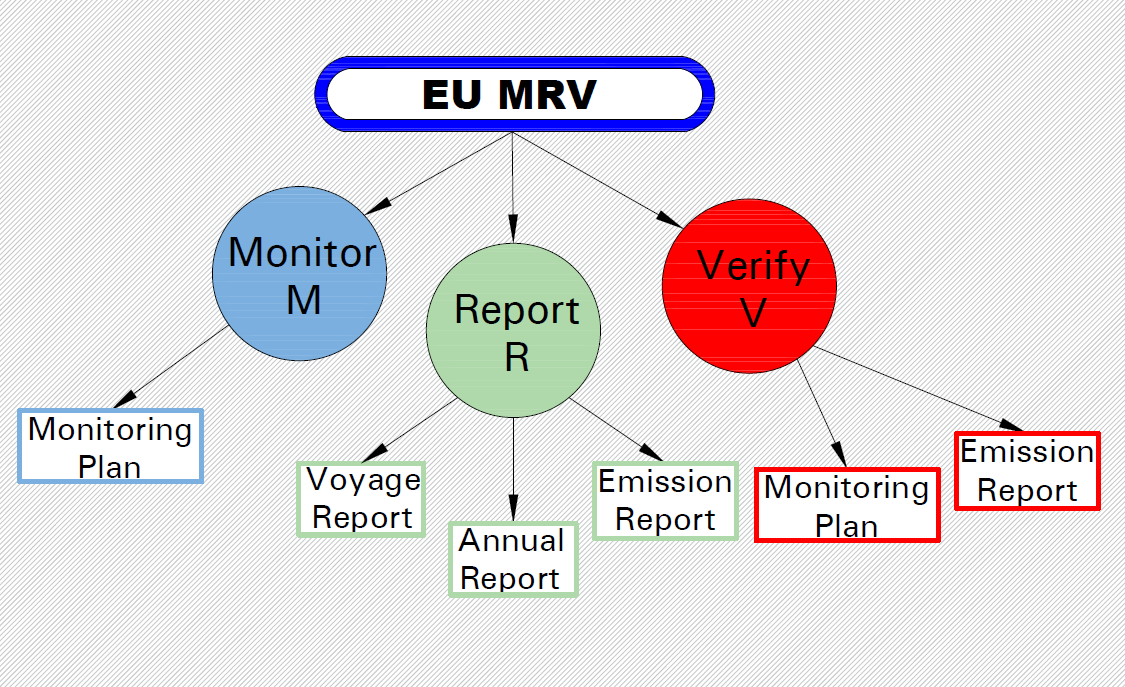| In the continuous effort to combat climate change and enhance transparency in the maritime industry, the European Union (EU) has unveiled new rules for its Monitoring, Reporting, and Verification (MRV) system. Let’s explore the key aspects of these new rules and their implications. Expanded Scope: One of the significant changes in the new EU MRV rules is the expanded scope. While the previous regulations focused primarily on CO2 emissions, the revised rules now include other greenhouse gases such as methane (CH4) and nitrous oxide (N2O). This broader scope reflects the EU’s commitment to addressing all aspects of maritime emissions comprehensively. Upon that, by April 2024 companies shall submit for each ship a revised verified monitoring plan that includes all the necessary data described from the new rules EU 2023/957. Data Transparency: The EU MRV system emphasizes transparency and data accuracy. Shipowners and operators are required to collect and report data on emissions, energy efficiency, and other relevant information. This data will be made publicly available, fostering accountability and enabling stakeholders to make informed decisions. From January 2024 all the emissions (CO2, CH4, N2O) must be reported based on the same principles as the reporting methods of CO2 emissions. Emissions Reduction Targets: The EU MRV rules set the stage for future emissions reduction targets for the maritime sector. This aligns with the EU’s broader climate goals and pushes the industry toward adopting more sustainable practices. It also encourages innovation in technologies and operational measures to reduce emissions. Compliance and Enforcement: Ensuring compliance with the new rules is a top priority. Shipowners and operators must provide accurate and verified data, and non-compliance can result in penalties. This stringent enforcement is essential for maintaining the integrity of the MRV system and achieving emission reduction targets. International Collaboration: The EU MRV rules are designed to be compatible with the IMO’s global regulations, promoting international harmonization. This collaboration is critical for addressing emissions from the global shipping industry effectively. Future Amendments: Before 31st December 2024 the commission will access whether additional ship types between 400 GT and 5000 GT should be included in the regulation EU 2015/757. Please get in touch with us in order to organize, revise, and report the new MRV files for your fleet. 57-59 Polidefkous Str Piraeus Greece 18545 TEL: +30 210 4174 536 EMAIL : info@groupnavale.gr Mob : +30 6944 32 78 63 |







